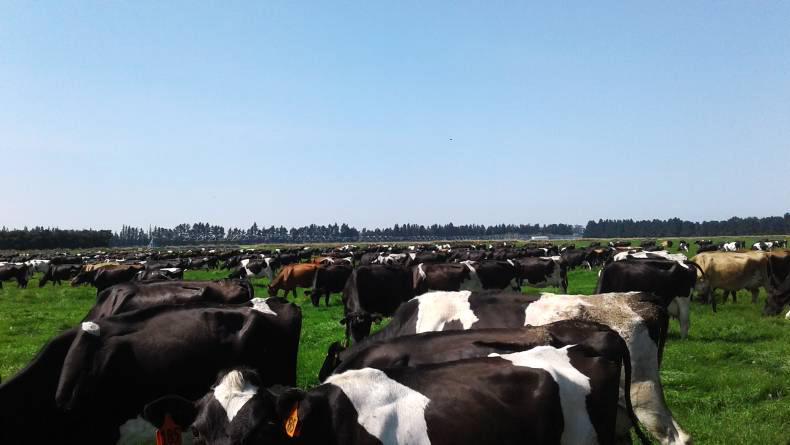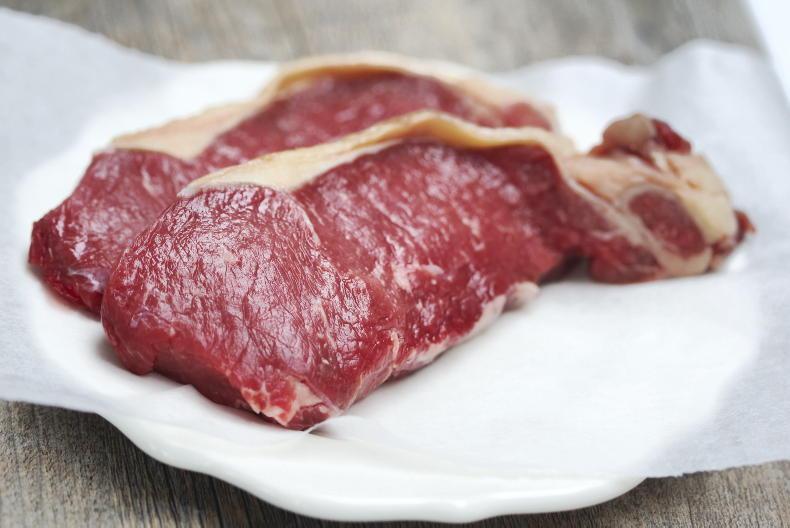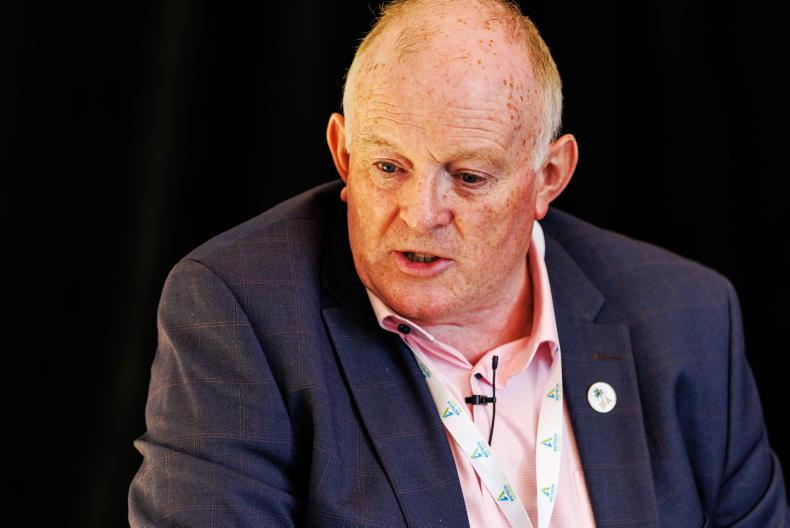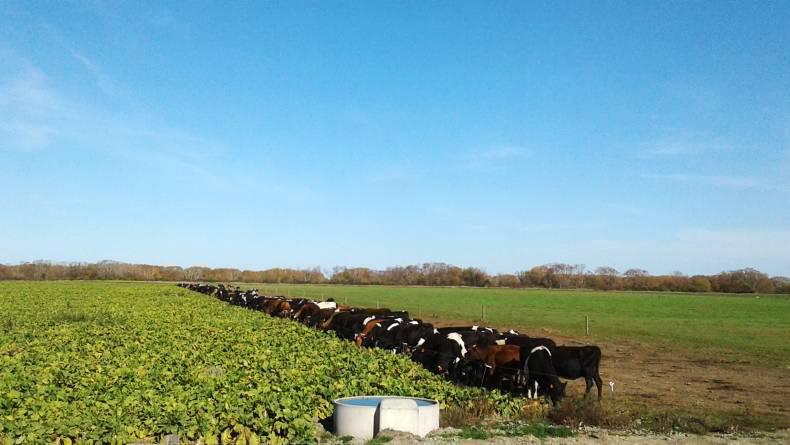I arrived on the farm of Marv Pangborn, which is run by Mike Norton in a share-milking agreement, on 17 January 2016. The farm consists of 600 kiwi-cross cows on a 190ha milking block (3.16LU/ha). The farm is situated in the Rakaia region of central Canterbury in the South Island of New Zealand.
My first week in New Zealand saw a mixed bag of emotions running through my head. New Zealand is famed for its beautiful landscape, and I had constantly heard that the Kiwis were model farmers for Ireland; however, I was somewhat underwhelmed.
The picture of these impressive large-scale farms was not what I was witnessing
The weather was wet and miserable, which naturally enough put a dampener on everything, especially after just leaving a storm-battered Ireland. The farm itself was not what I expected. Everything just looked so basic and the picture of these impressive large-scale farms was not what I was witnessing. I also felt very isolated with no car to give me some freedom to go and explore my new surroundings when I had finished work in the evenings. I’m a restless person by nature and being consigned to a place with no mode of transport does not sit well with me.
I made that my first priority and bought a car in my first week. Things started to look up then. The bad weather only lasted for a short period, and once the sun appeared, I started to slowly warm to this place. When the sun is shining and the day is clear, you get an amazing view across the flat Canterbury plains and the Southern Alpine Mountain range soaring upwards into the sky in the distance. It is hard not to take a step back and just admire your surroundings.
Looking out the kitchen window to a view of green fields as far as you can see, dotted with cows grazing, it is easy to see similarities to the Irish landscape. Although you are on the opposite side of the world, I still feel I am at home the majority of the time, which is aided by a good community of Irish workers in the area.
Milking a large herd
My primary role on the farm was to assist in the milking of a large herd of cows. The cows are milked in a 36-a-side herringbone parlour. The herd is divided into three individual herds; the main herd consisting of 450 cows, the second herd consisting of 130 cows which is a mix of older and young cows, and the third herd which is made up of lame cows and cows being treated for mastitis.
There are three workers on the farm, and they are all very helpful in ensuring you fully understand the task you are sent to do. They also helped me to settle in during my initial few days.
Once I started working, I realised how efficient the agricultural systems are in New Zealand. It might not always be the most convenient way of doing things, but it surely is the most cost-efficient. The farm owner, Marv Pangborn, is a farm management lecturer in Lincoln University. It is clear that his teaching has filtered down to Mike, who was a student of Marv’s. The farm is run on a low-cost, simple system. The milking parlour is not very technologically advanced, with no feeders or cluster removers installed in the parlour.
Eye-opening
Having come from a tillage farm in Kildare, this experience so far has been both educational and eye-opening. Milking starts at 5am and 2pm every day, but if it is your turn to round up the cows it could see you leaving the house as early as 3.45am. The Kiwis certainly work hard and these early mornings took some getting used to.
I work on a roster of 11 days on and three days off. At first, this felt like an eternity, but you get into a routine. It is nice to have three days off together to go and explore New Zealand and some of the wonderful sights.
Every expense is scrutinised before deciding if it will be beneficial to the business
So far I have mostly been amazed by the mentality of not spending money unless absolutely necessary, or spending only if it is going to create a greater profit. Every expense is scrutinised before deciding if it will be beneficial to the business. That is the main difference I have seen in contrast to farming in Ireland. Out here, every farm is treated like a business and very wise and astute decisions are made to help the business increase profit.
Barry Purcell is an agricultural science student at UCD and travels on the professional work experience programme supported by the Irish Farmers Journal and the Agricultural Science Association.

















SHARING OPTIONS